A Century of Abortion Onscreen, 1916-2016
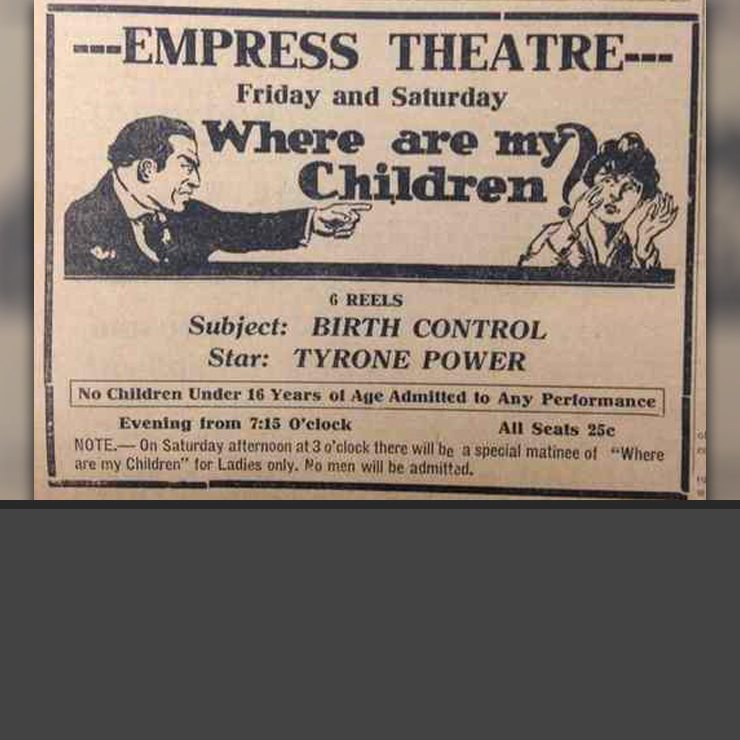
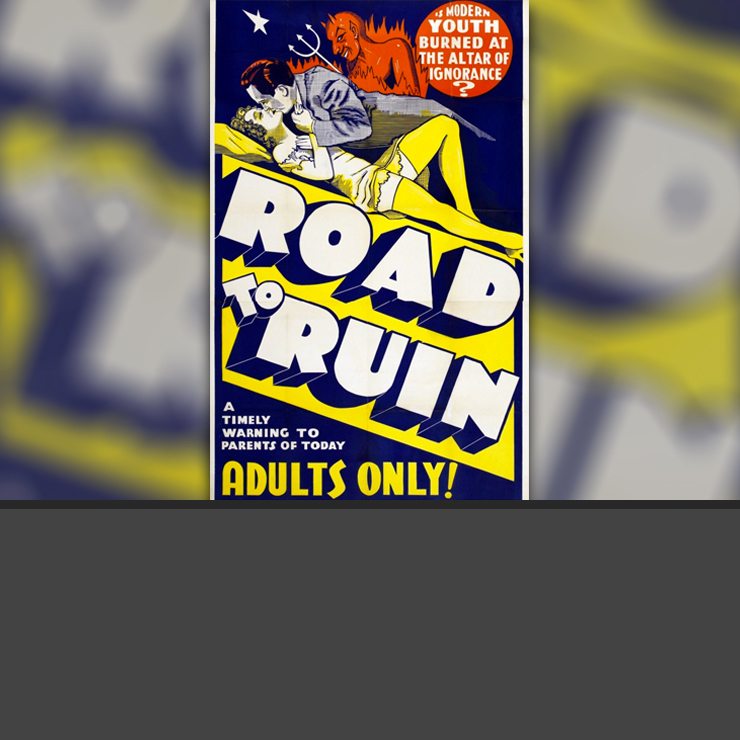
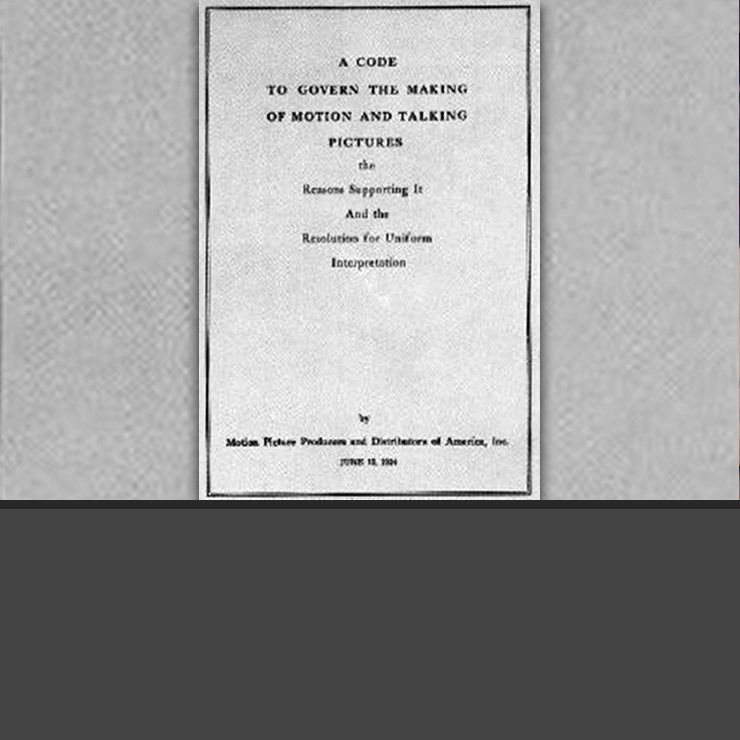
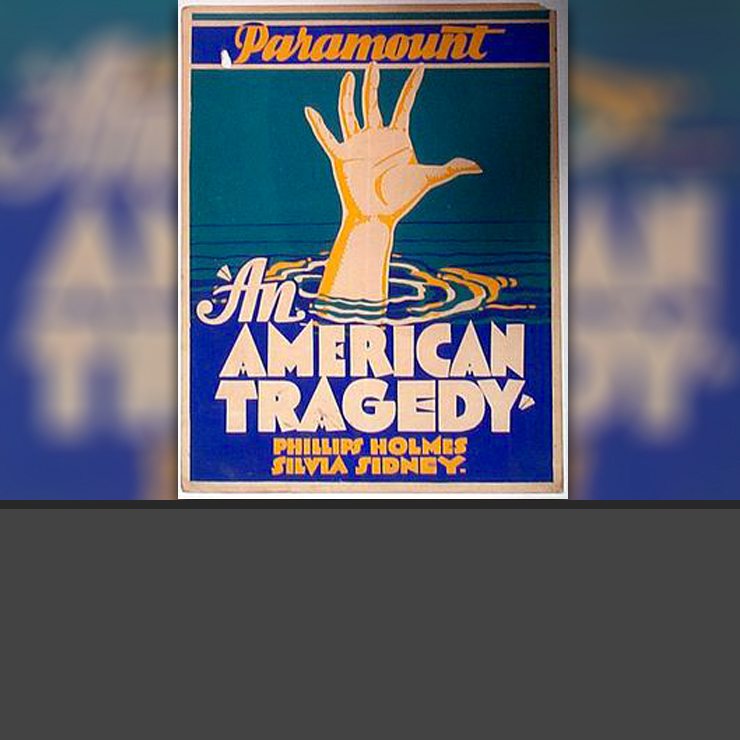
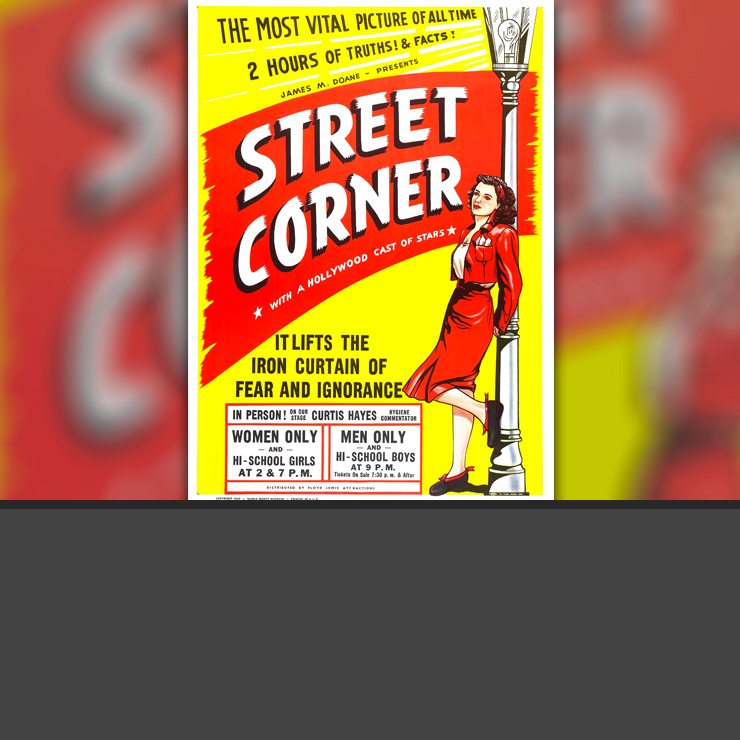
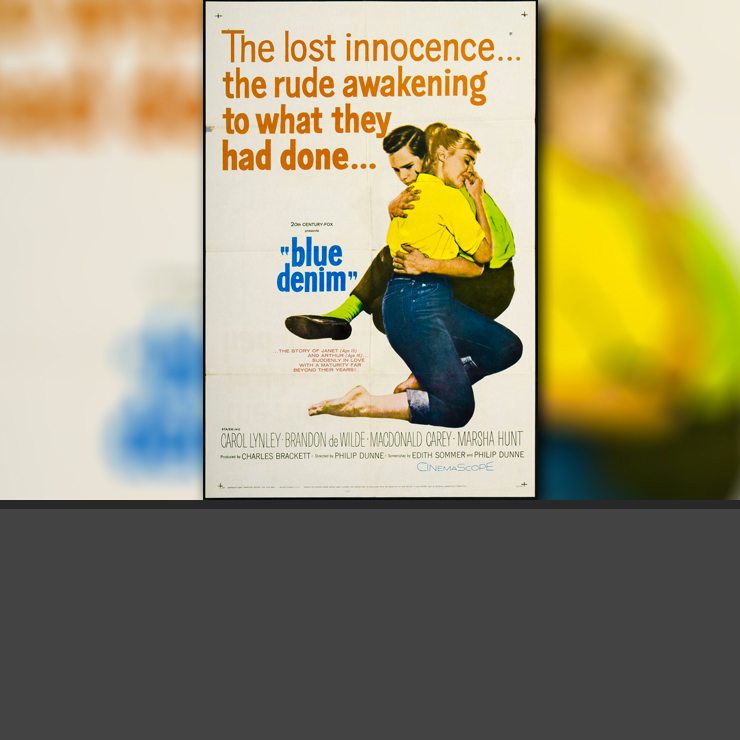

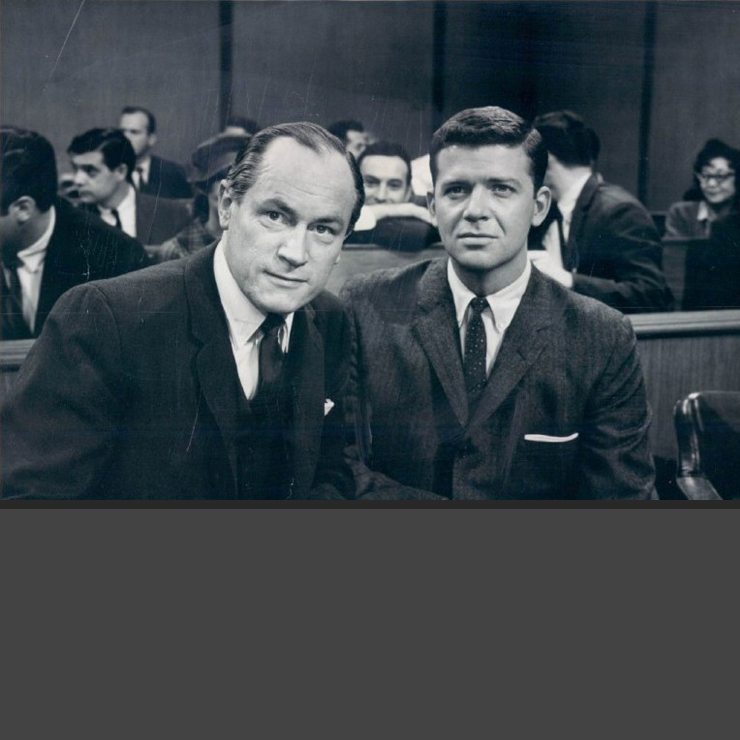
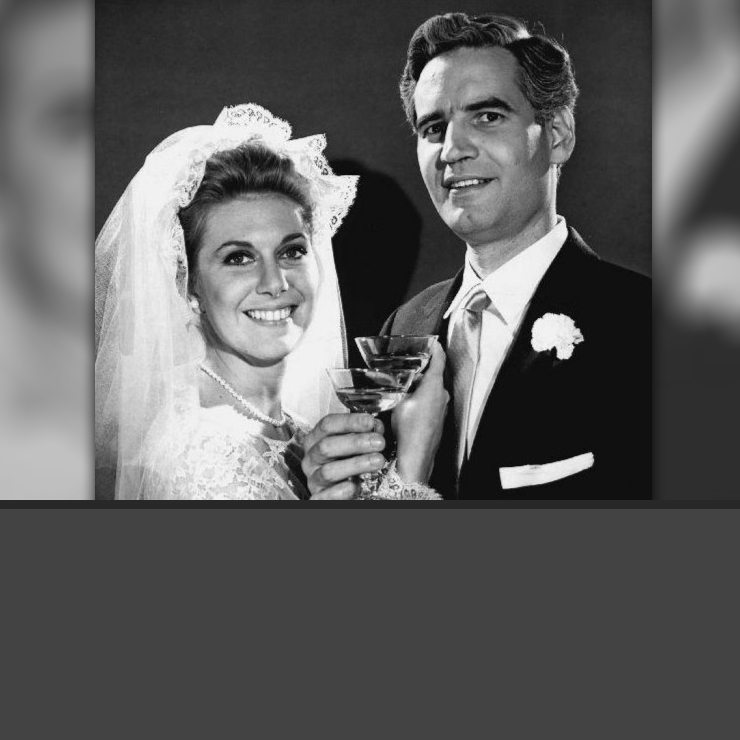

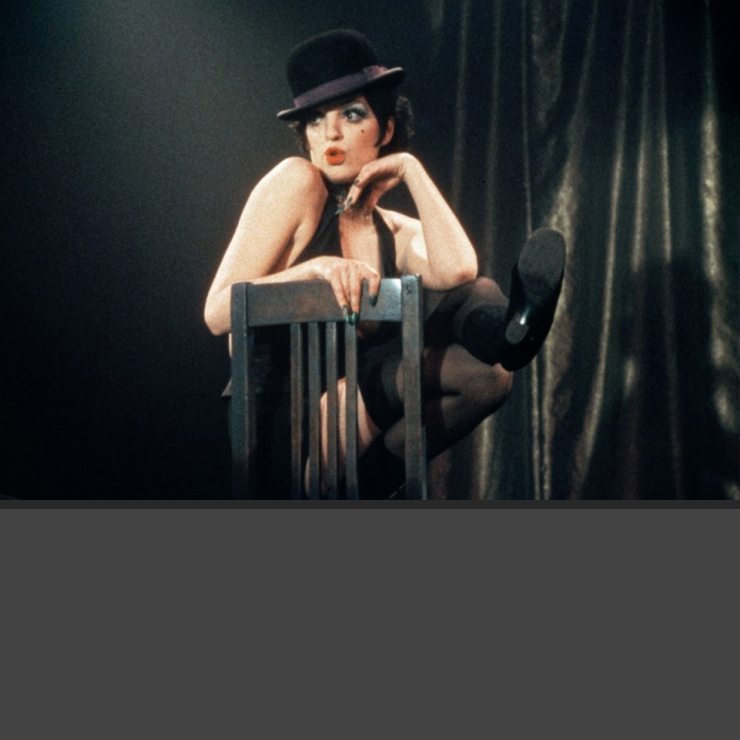
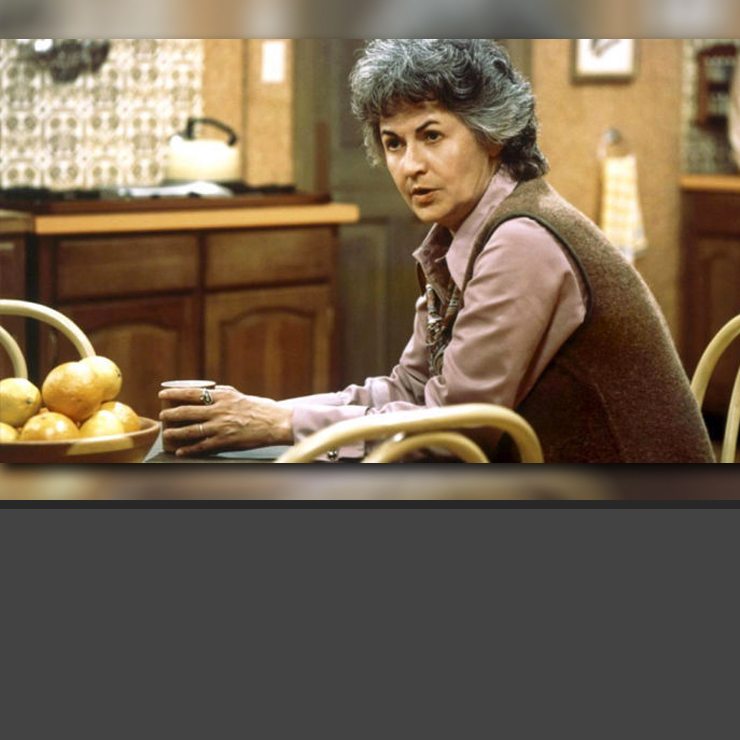
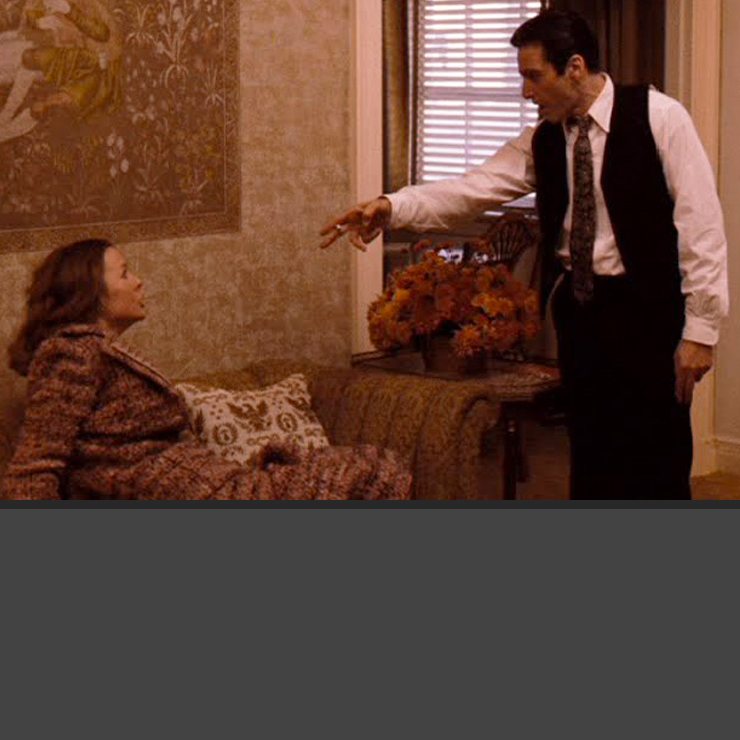
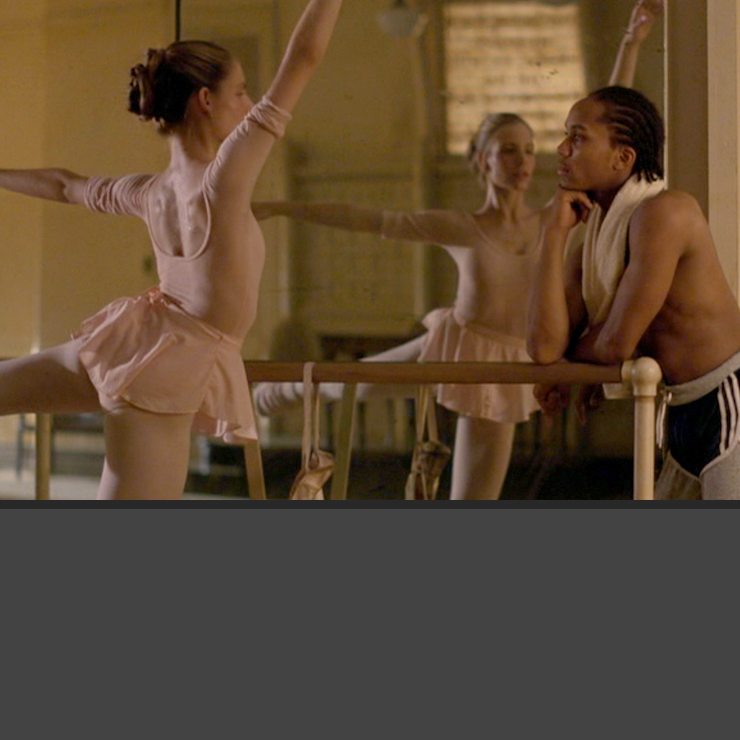
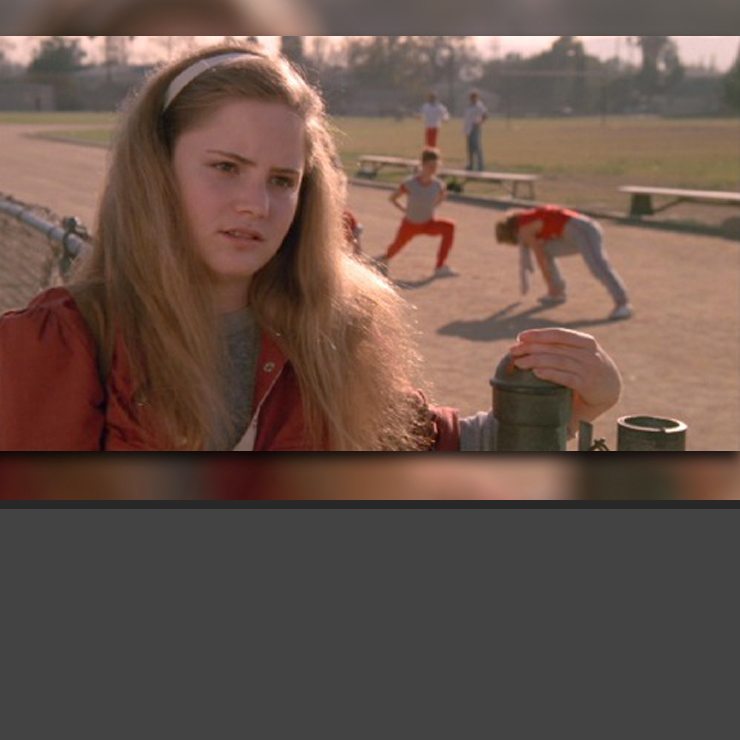
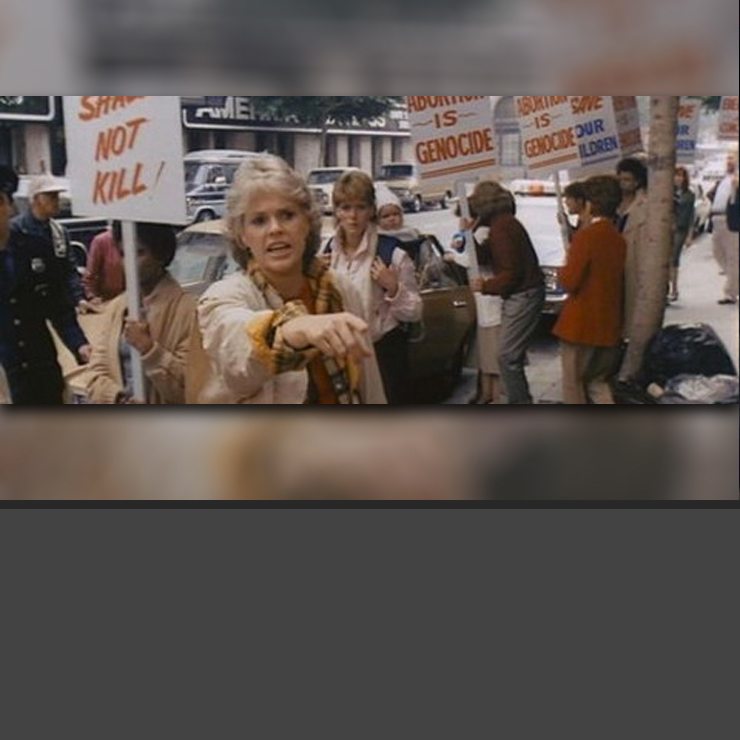
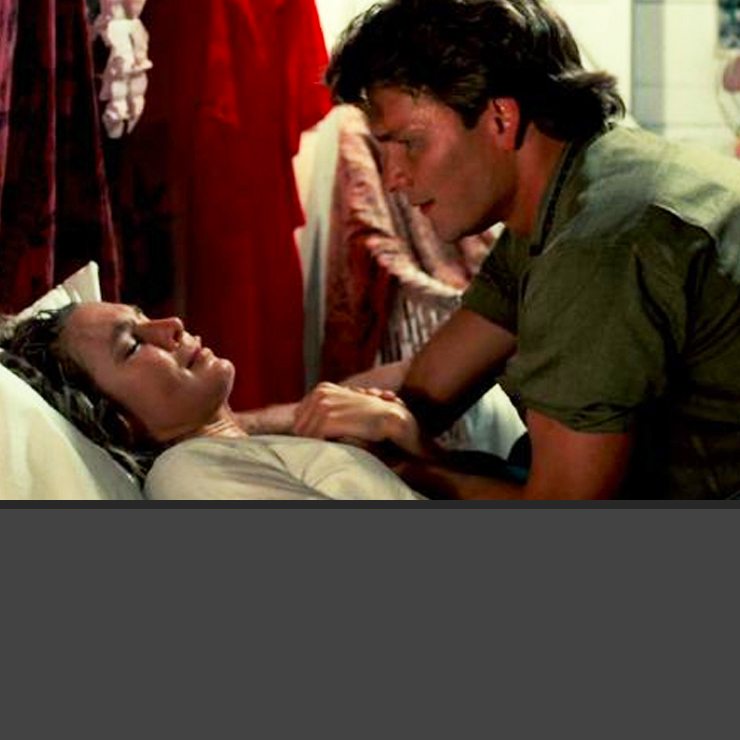
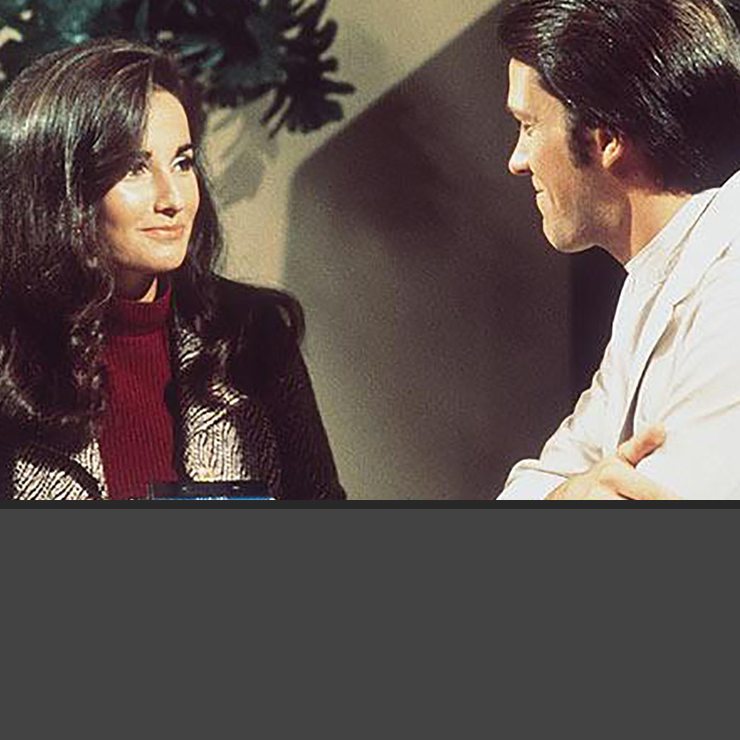

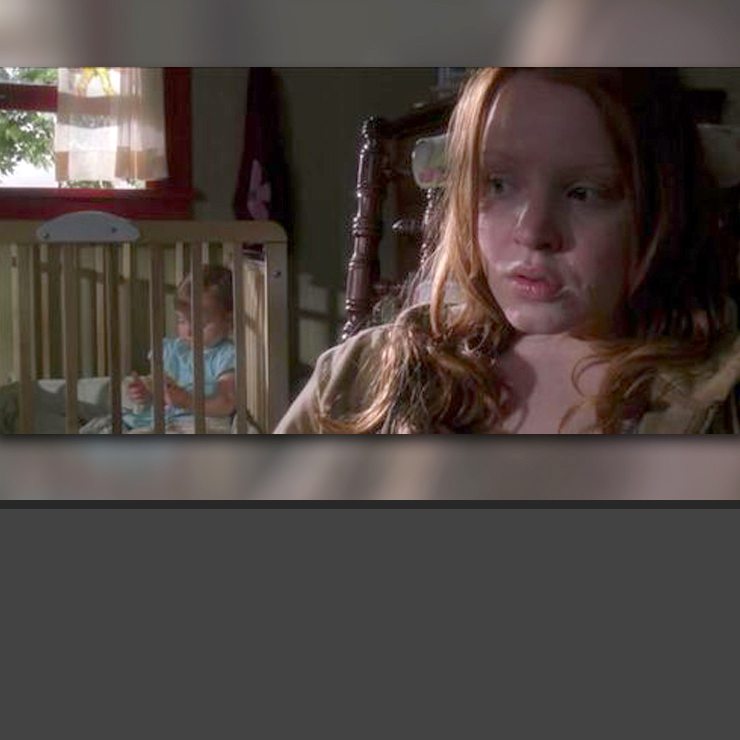
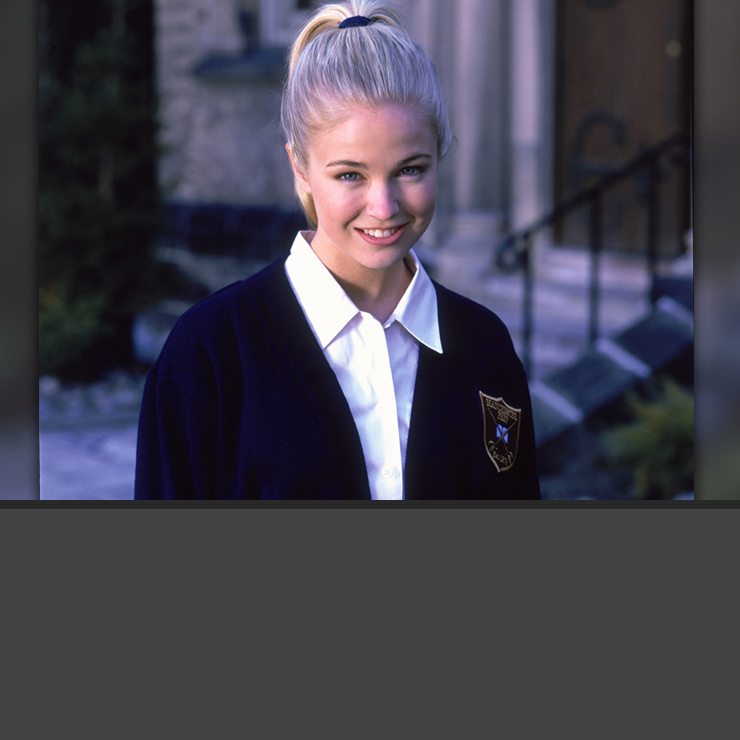

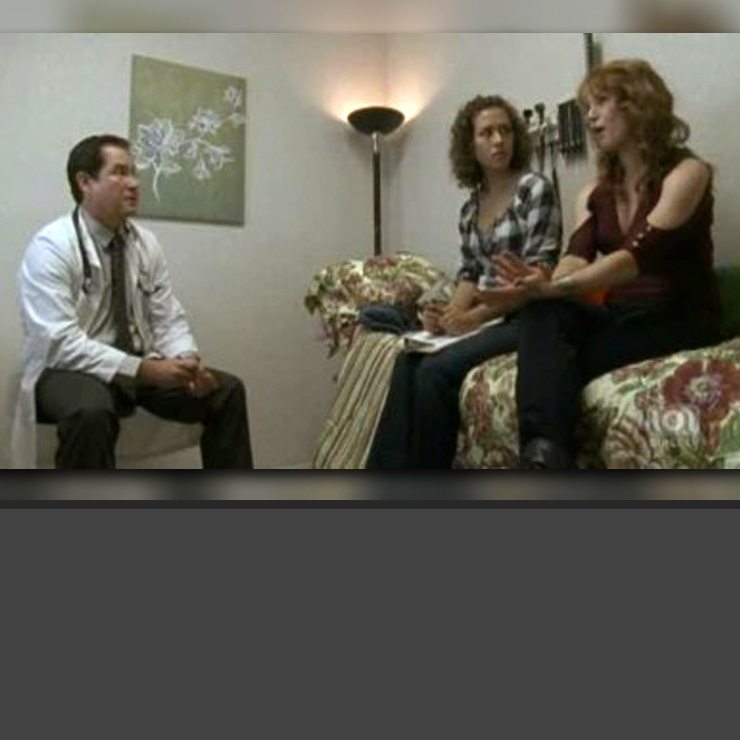
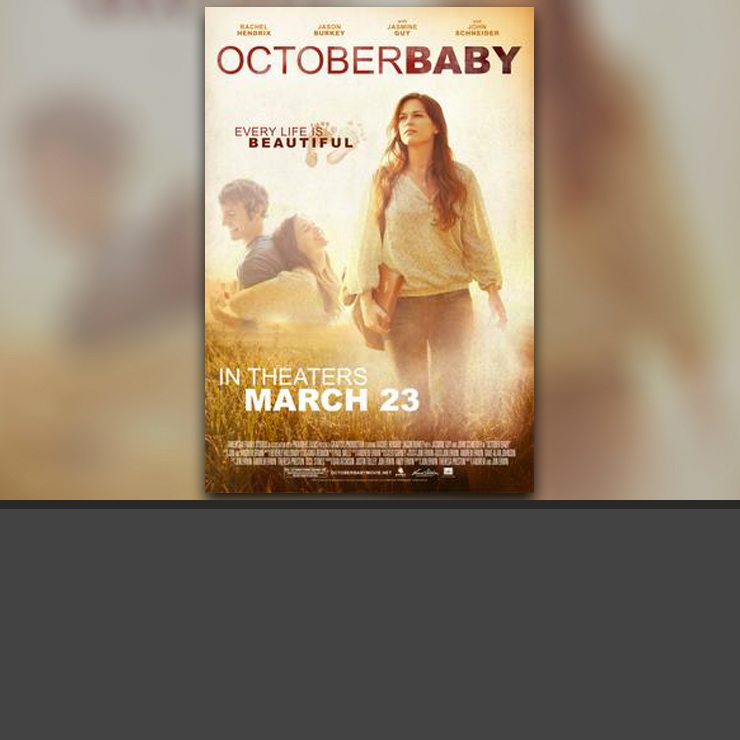
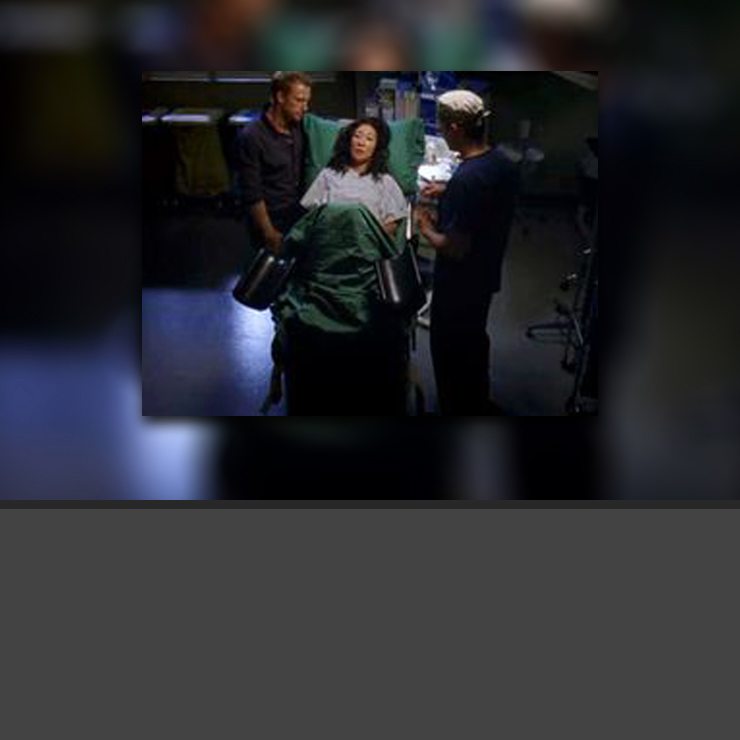
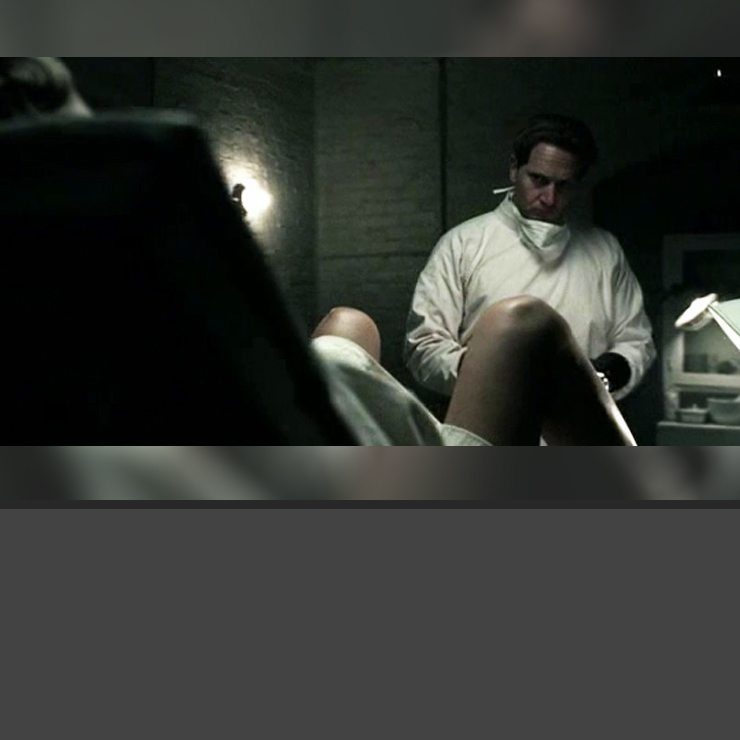

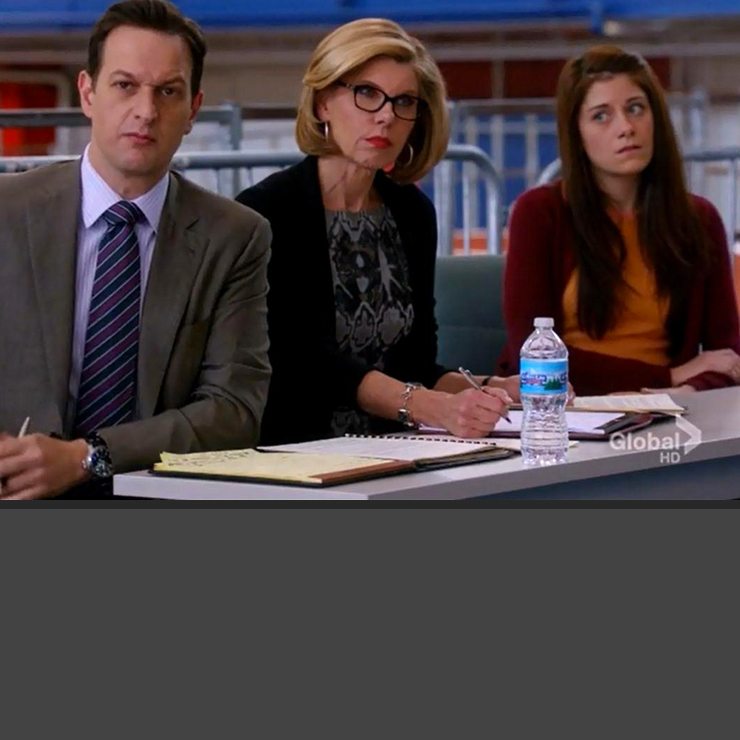
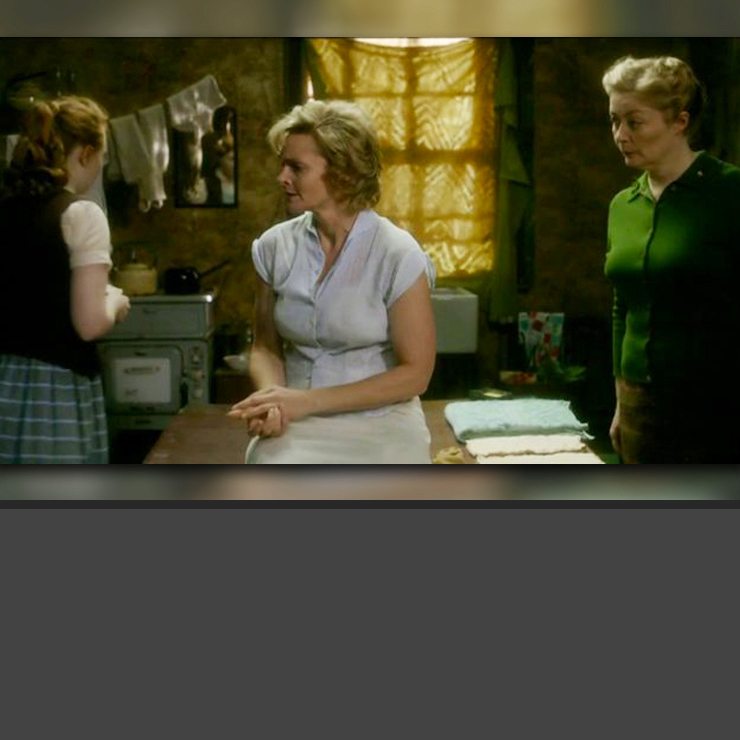
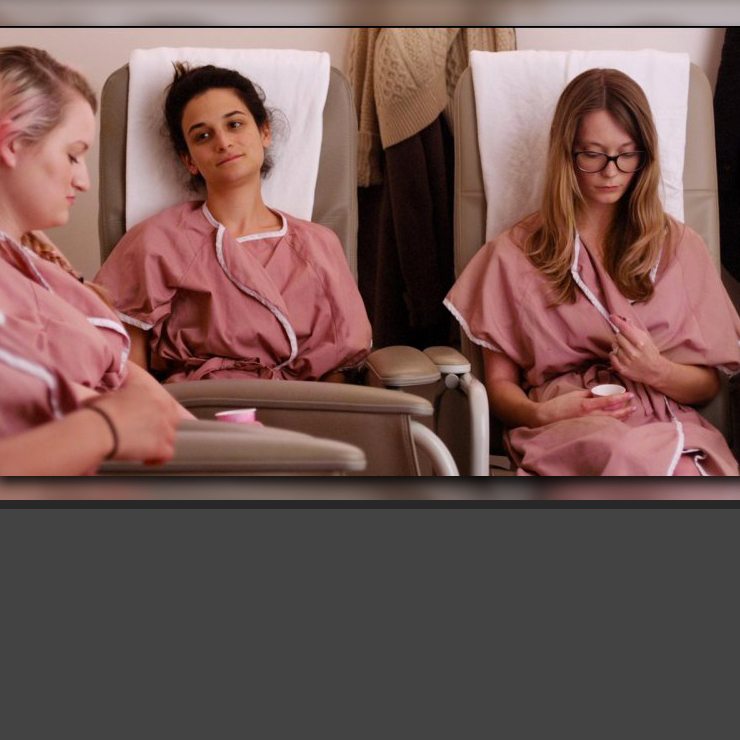
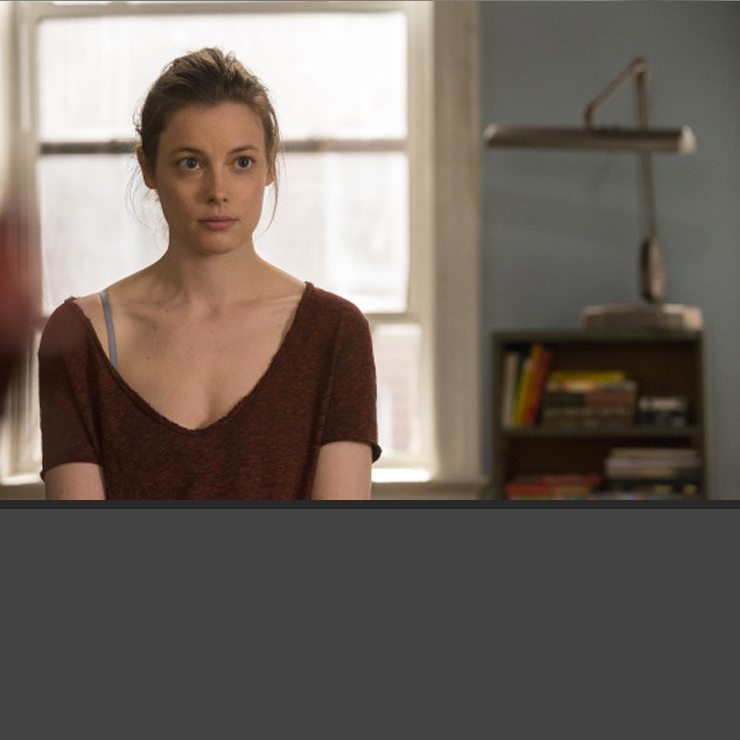
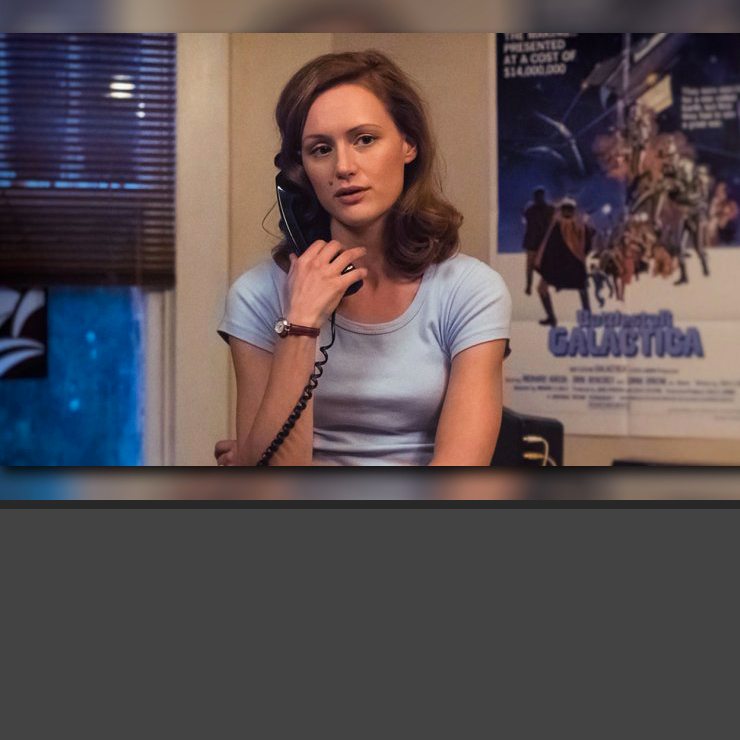
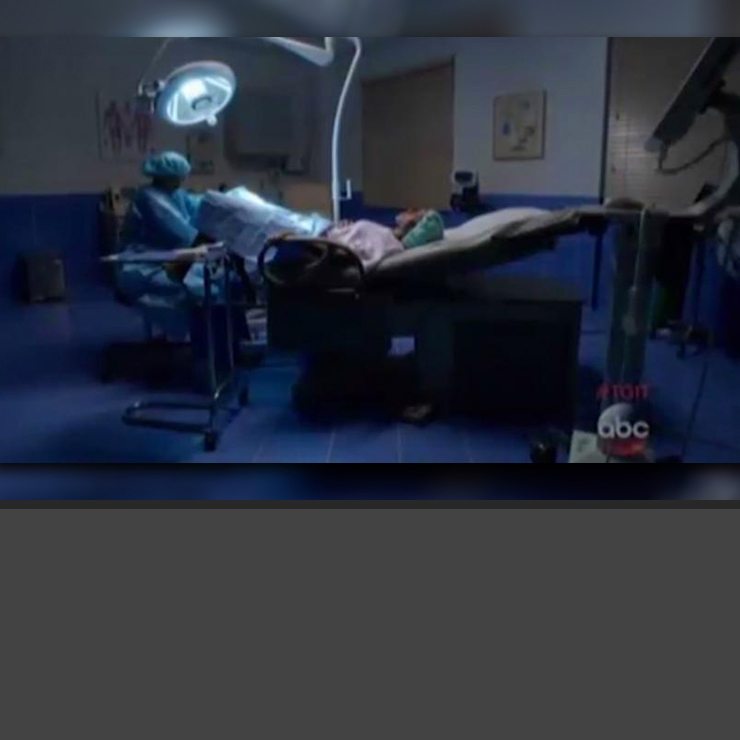


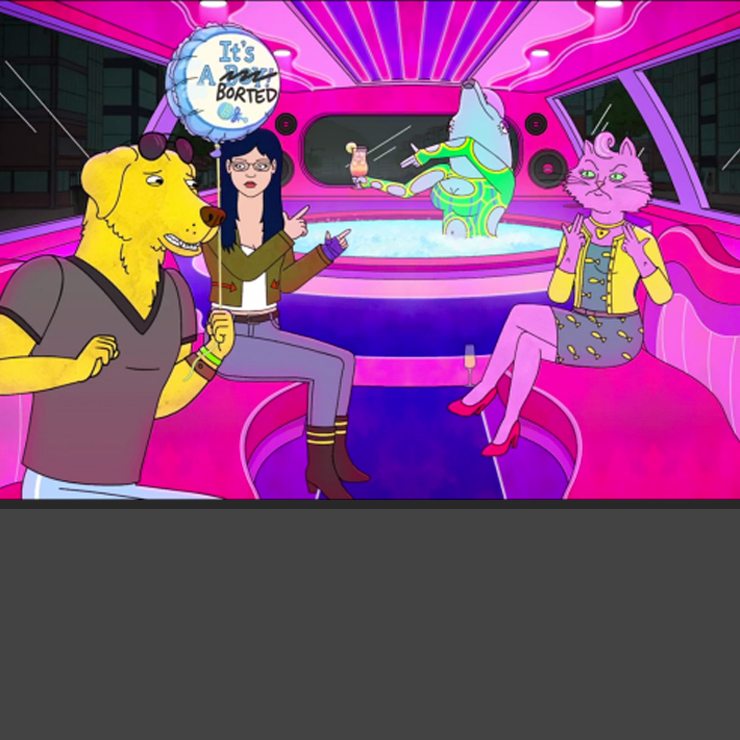
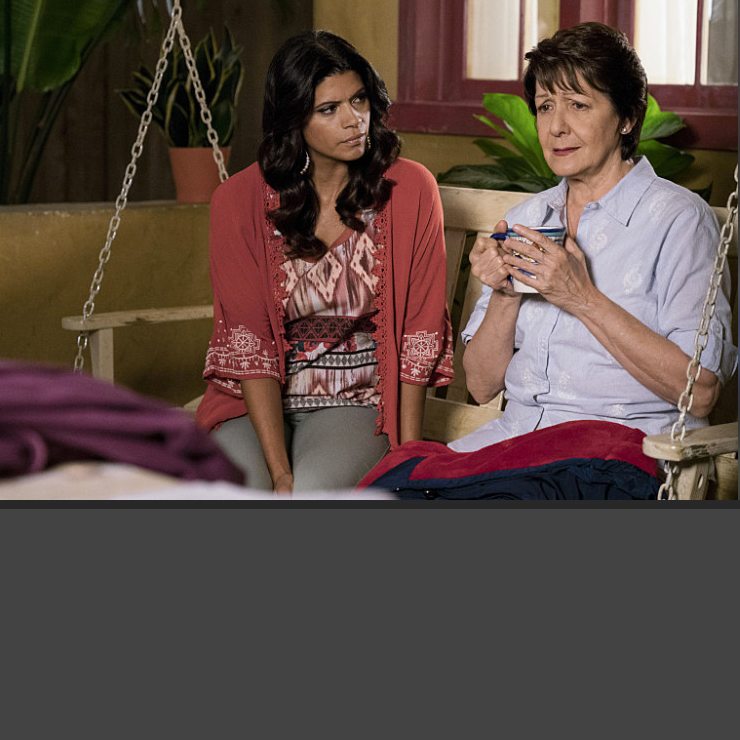
The end of 2016 marks the close of a century since the first silent film in the United States addressed abortion. In these past 100 years, film, television, and our popular culture have addressed abortion in evolving ways: from the pre-code films of the 1920s, to the exploitation films of the 1940s, to television plotlines in support of legal abortion in the 1960s, to the alternately stigmatizing and stigma-busting portrayals of the 1990s and early 21st century. The incorporation of abortion into onscreen storylines has been done for shock value, for sex educational purposes, for humor, for drama, and for horror. This presentation is not an exhaustive list of abortion stories in U.S. film and television (there are over 200 of them!), but it is meant to illustrate some of the notable examples, groundbreaking firsts, and trends that have emerged over time.
Click through the photo slideshow to learn more about each film and television show, then click below to see clips in video form.
| Where Are My Children? – 1916 The Road to Ruin – 1928 Hays Code – 1930 An American Tragedy – 1931 Street Corner – 1948 Blue Denim – 1959 The Shame of Patty Smith – 1962 The Defenders – 1962 Another World – 1964 Alfie – 1966 Cabaret – 1972 Maude – 1972 The Godfather, Part II – 1974 Fame – 1980 Fast Times at Ridgemont High – 1982 Cagney and Lacey – 1985 Dirty Dancing – 1987 All My Children – 1994 Sex and the City – 2001 |
Six Feet Under – 2003 Jack and Bobby – 2005 Revolutionary Road – 2008 Friday Night Lights – 2010 October Baby – 2011 Grey’s Anatomy – 2011 American Horror Story – 2011 Private Practice – 2012 The Good Wife – 2013 Call the Midwife – 2013 Obvious Child – 2014 Girls – 2015 Halt and Catch Fire – 2015 Scandal – 2015 Please Like Me – 2015 Being Mary Jane – 2015 BoJack Horseman – 2016 Jane the Virgin – 2016 |
